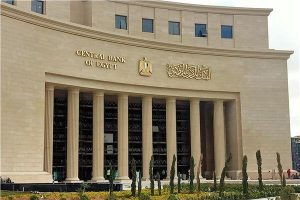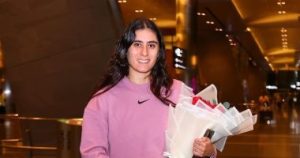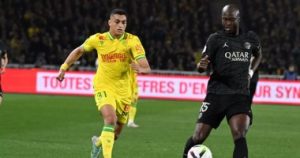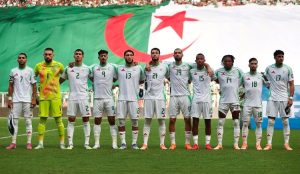Among the lasting images from the exceptional collective visit of European leaders to the White House recently is the picture of President Donald Trump behind his desk in the Oval Office, with the European leaders seated in a row before him, their eyes fixed on him, ignoring the camera lenses.
Many likened the scene in this photo, distributed by Trump’s media office, to a “school principal calling in misbehaving students.”
This visit proved that the major European powers and Britain are ready and capable of engaging in a power struggle to ensure Ukraine is not forced to accept an unfair and unsustainable settlement or punished for refusing it.
Efforts succeeded to some extent, pushing Trump to partially backtrack from his alignment with Russian positions, as seen in his previous summit in Alaska.
German Chancellor Friedrich Merz told reporters after the Washington meeting, “We were well prepared and effectively coordinated. We also expressed the same positions. I think that was very satisfactory.”
In a moment of extreme crisis, Europeans managed to form a team with the greatest ability to persuade Trump: Italian Giorgia Meloni provided an ideological link, while Finnish President Sauli Niinistö offered a personal connection through a shared golf hobby.
Even Ursula von der Leyen, President of the European Commission, seemed to find a common language with Trump after a tense start.
The most notable achievement of this visit was Trump’s pledge to provide some form of American participation in security guarantees for Ukraine, although the greater burden will fall on Europeans.
Much remains unclear about what exactly the United States is offering, but for French President Emmanuel Macron, this confirms the validity of his efforts, alongside British Prime Minister Keir Starmer, to establish a European “reassurance force” in Ukraine once a peace agreement is reached.
Unlike Trump, European leaders are not deceived by the illusion that Vladimir Putin is ready to end the war, making discussions about security guarantees closer to theoretical debate.
These moves gave Europeans some leverage and provided Ukraine with “negotiation cards,” as Trump might put it.
Macron told reporters, “We had to be at the table because we are the ones who will provide future security guarantees for Ukraine, and we framed it on that basis.”
German Chancellor Friedrich Merz’s proposal for German troop involvement sparked wide political controversy in his country, including within the Christian Democratic Union party.
Meanwhile, Giorgia Meloni continues to push an alternative idea involving a commitment to assist Ukraine, similar to NATO’s Article 5 on collective defense, which Matthew Savel from the UK’s Royal United Services Institute calls merely a “mirage.”
In any case, European and Ukrainian leaders achieved a diplomatic success that cannot be ignored.
But as Macron said, this was only a “stage… and we are still very far from declaring victory.”














Recommended for you
Exhibition City Completes About 80% of Preparations for the Damascus International Fair Launch
Talib Al-Rifai Chronicles Kuwaiti Art Heritage in "Doukhi.. Tasaseem Al-Saba"
Unified Admission Applications Start Tuesday with 640 Students to be Accepted in Medicine
Egypt Post: We Have Over 10 Million Customers in Savings Accounts and Offer Daily, Monthly, and Annual Returns
His Highness Sheikh Isa bin Salman bin Hamad Al Khalifa Receives the United States Ambassador to the Kingdom of Bahrain
Al-Jaghbeer: The Industrial Sector Leads Economic Growth